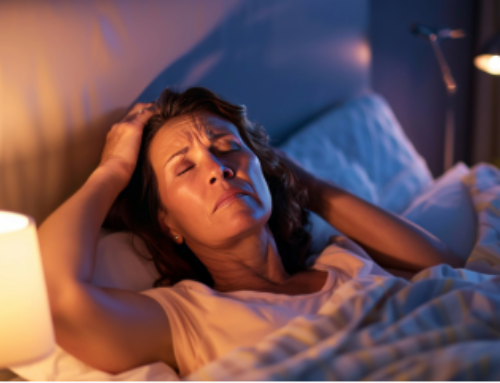Women suffering from sleep apnea have a higher degree of brain damage than men with the disorder, reported researchers from the UCLA School of Nursing.
“While there are a great many brain studies done on sleep apnea and the impact on one’s health, they have typically focused on men or combined groups of men and women, but we know that obstructive sleep apnea affects women very differently than men,” said chief investigator Paul Macey, assistant professor and associate dean of information technology and innovations at the UCLA School of Nursing. “This study revealed that, in fact, women are more affected by sleep apnea than are men and that women with obstructive sleep apnea have more severe brain damage than men suffering from a similar condition.”
The study appears in the December 2012 issue of the journal SLEEP. This multi-year study looked at patients who were diagnosed with obstructive sleep apnea at the UCLA Sleep Laboratory. They compared the nerve fibers in these patients’ brains — known as white matter — to fibers of individuals without sleep problems and focused on unearthing the difference in brain damage between men and women with sleep apnea.
In particular, the study found that women were impacted in the cingulum bundle and the anterior cingulate cortex, areas in the front of the brain involved in decision-making and mood regulation. The women with sleep apnea also showed higher levels of depression and anxiety symptoms, the researchers said.
“This tells us that doctors should consider that the sleep disorder may be more problematic and therefore need earlier treatment in women than men,” Macey said.





